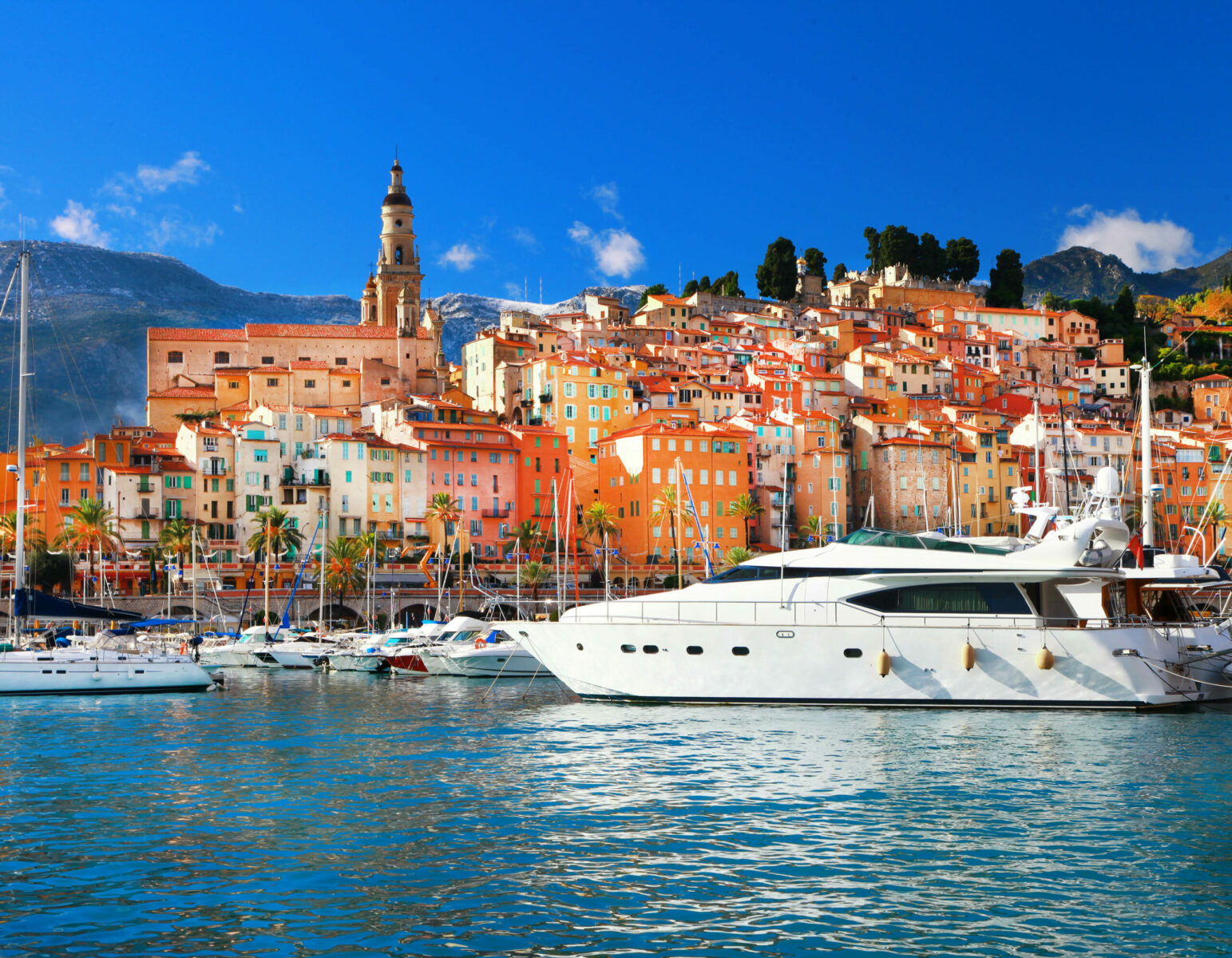In the dynamic world of luxury yachting, regulations and tax frameworks can be complex — especially in European waters. One of the most important programs enabling private yacht owners to access the EU charter market is the Yacht Engaged in Trade (YET) Scheme.
This framework allows certain non-EU flagged private yachts to legally charter in France and Monaco under strict conditions, offering flexibility for owners and opportunities for charterers — provided all requirements are met.
What Is the YET Scheme?
The YET Scheme is a regulatory model created by the authorities in France and Monaco that allows private yachts flying a non-EU flag to switch temporarily to commercial use — such as chartering — without needing to convert to full commercial registration.
It offers a dual-use solution, where a yacht can alternate between private and commercial operations, though never both at the same time.
Key Requirements of the YET Scheme
To operate legally under the YET Scheme, a yacht must comply with the following:
- Minimum length of 24 meters.
- Be registered as a private yacht under a non-EU flag, such as Cayman Islands or Marshall Islands.
- Hold a valid YET Certificate issued by an approved flag state administration (e.g., Cayman Islands).
- Be classed and compliant with commercial safety and operational standards, including SOLAS, ISM, and MARPOL as applicable.
- Be formally imported into the EU, with Value Added Tax (VAT paid at the time of importation or accounted for under a valid customs regime.
- Undergo an annual inspection by French or Monegasque customs authorities to confirm eligibility.
- Carry all mandatory documentation onboard, including technical certificates, insurance, crew qualifications, and MYBA-compliant charter contracts.
- Operate commercially only in France and Monaco — other EU countries like Spain and Italy currently do not recognize the YET Scheme.


Important Tax and Legal Considerations
Even though a YET yacht is privately registered, once it switches to charter mode:
- VAT must be charged on all charter fees, based on the country where the charter begins (e.g., 20% in France).
- VAT is also applicable on supplies, fuel, provisioning, and other services — just like for fully commercial yachts.
- The yacht owner cannot use the yacht privately while it is in charter mode under the YET Scheme.
Unlike Temporary Admission (TA) — which allows a non-EU yacht to enter the EU VAT-free for limited use — YET yachts are imported and not subject to TA restrictions, meaning EU residents can legally charter these yachts.
Benefits for Yacht Owners and Brokers
- Charter flexibility without giving up private use status long term.
- Access to the high-demand charter markets of the French Riviera, Monaco, and Corsica.
- Increased charter value for yachts that meet both luxury and commercial compliance standards.
- Greater appeal to international clients starting from ports like Saint-Tropez, Cannes, or Monaco.
What Should Charter Clients Know?
From a guest’s point of view, the experience aboard a YET yacht is identical to that of a fully commercial vessel: same crew, same luxury standards, same destinations. However, to ensure compliance:
The charter must be formalized under a standard MYBA contract.
It’s essential to work with an experienced charter broker who understands the YET framework and VAT implications.
Final summary:
Yacht owners, brokers, and charter clients.
Enables commercial use without full conversion to commercial registration.
No — only private yachts over 24m, with non-EU flags and YET authorization.
Discover the magic of the French Riviera and Monaco
Whether you’re chartering with or without a fiscal scheme, this iconic coastline offers an exceptional range of luxury yachts for hire. Cruise between glamorous ports, soak up the Mediterranean sun, and create an unforgettable yachting experience.